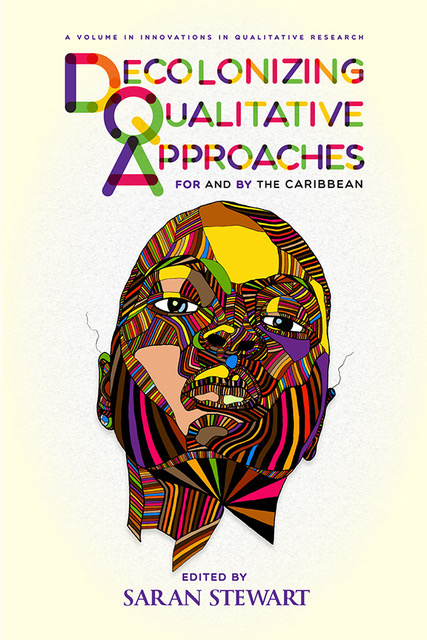

As academics in postcolonial Caribbean countries, we have been trained to believe that research should be objective: a measurable benefit to the public good and quantifiable in nature so as to generalize findings to develop knowledge societies for economic growth. What happens, however when the very word “research” connotes a derogatory term or semblance of distrust? Smith (1999) speaks towards the distrustful nature of the term as a legacy of European imperialism and colonialism. Against this backdrop, how do Caribbean researchers leverage recognized and valued (indigenous) methods of knowing and understanding for and by the Caribbean populace? Decolonizing qualitative methods are rooted in critical theory and grounded in social justice, resistance, change and emancipatory research for and by the Other (Said, 1978). This edited volume provides a collective body of scholarship for innovative uses of decolonizing qualitative research.
Social Media